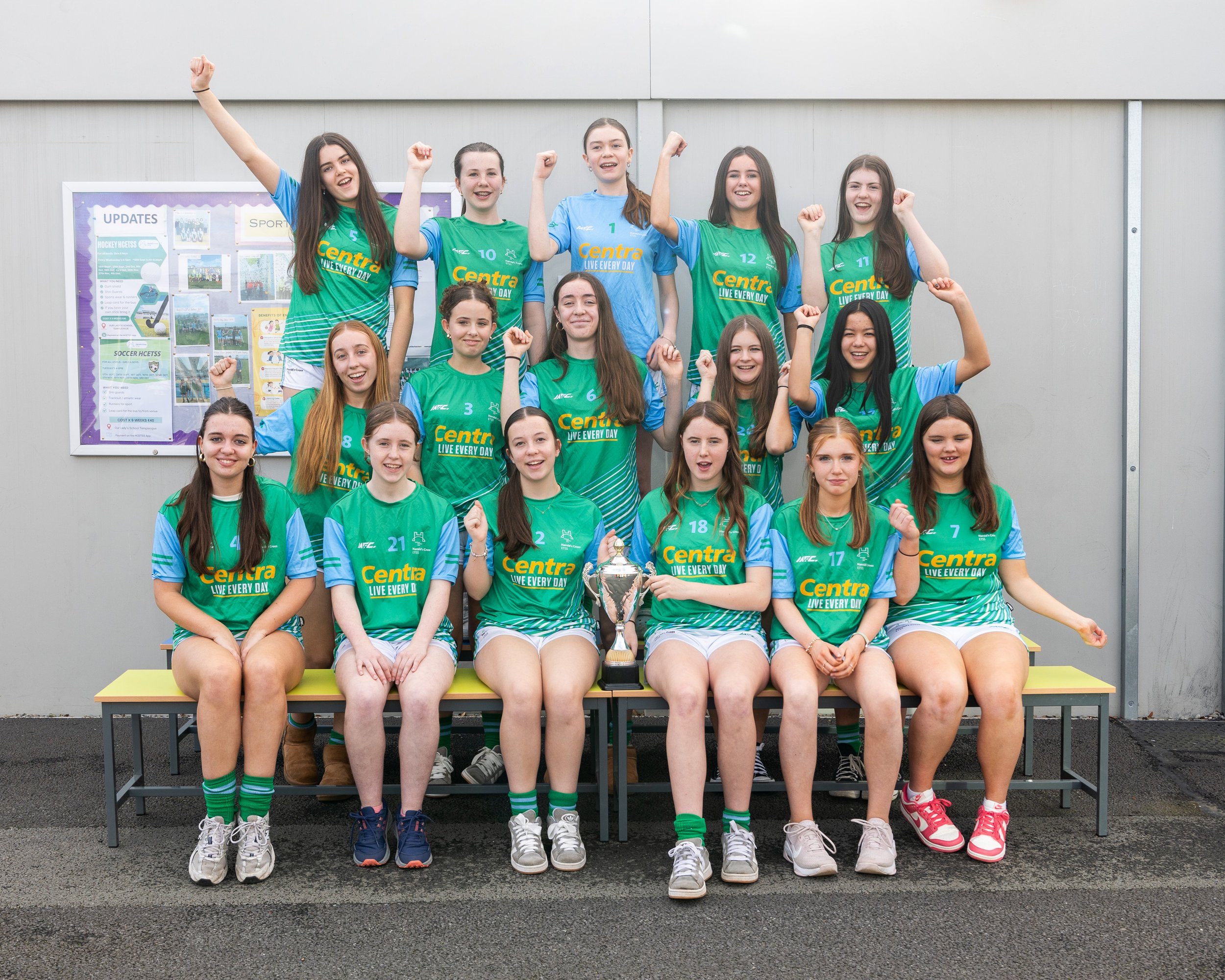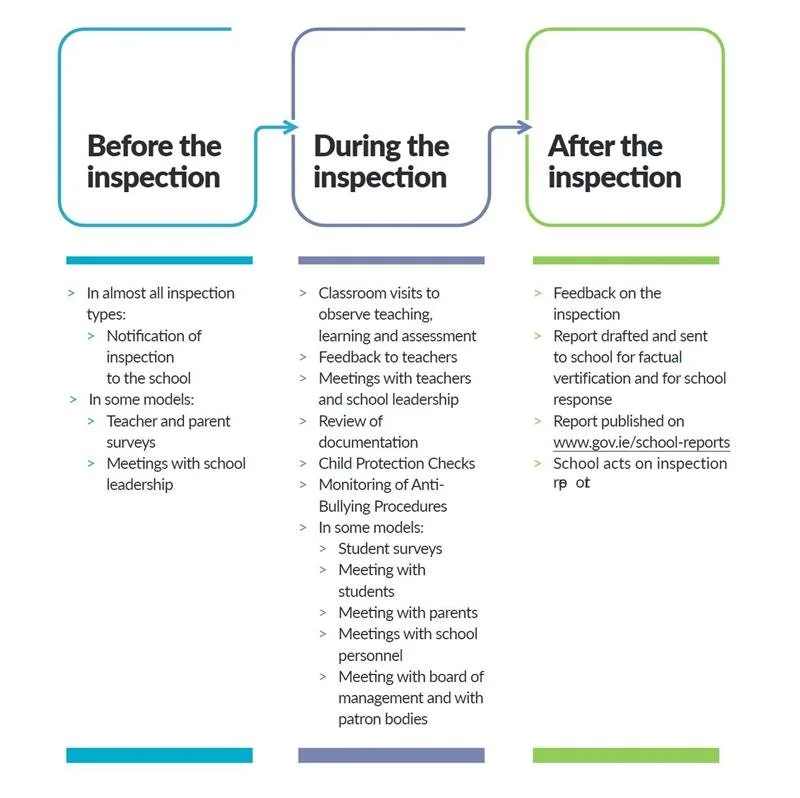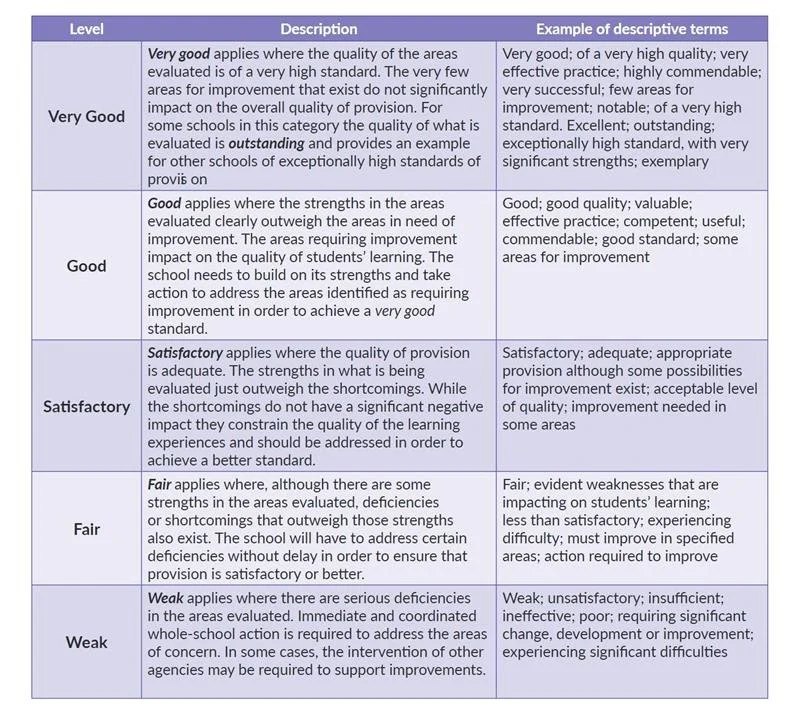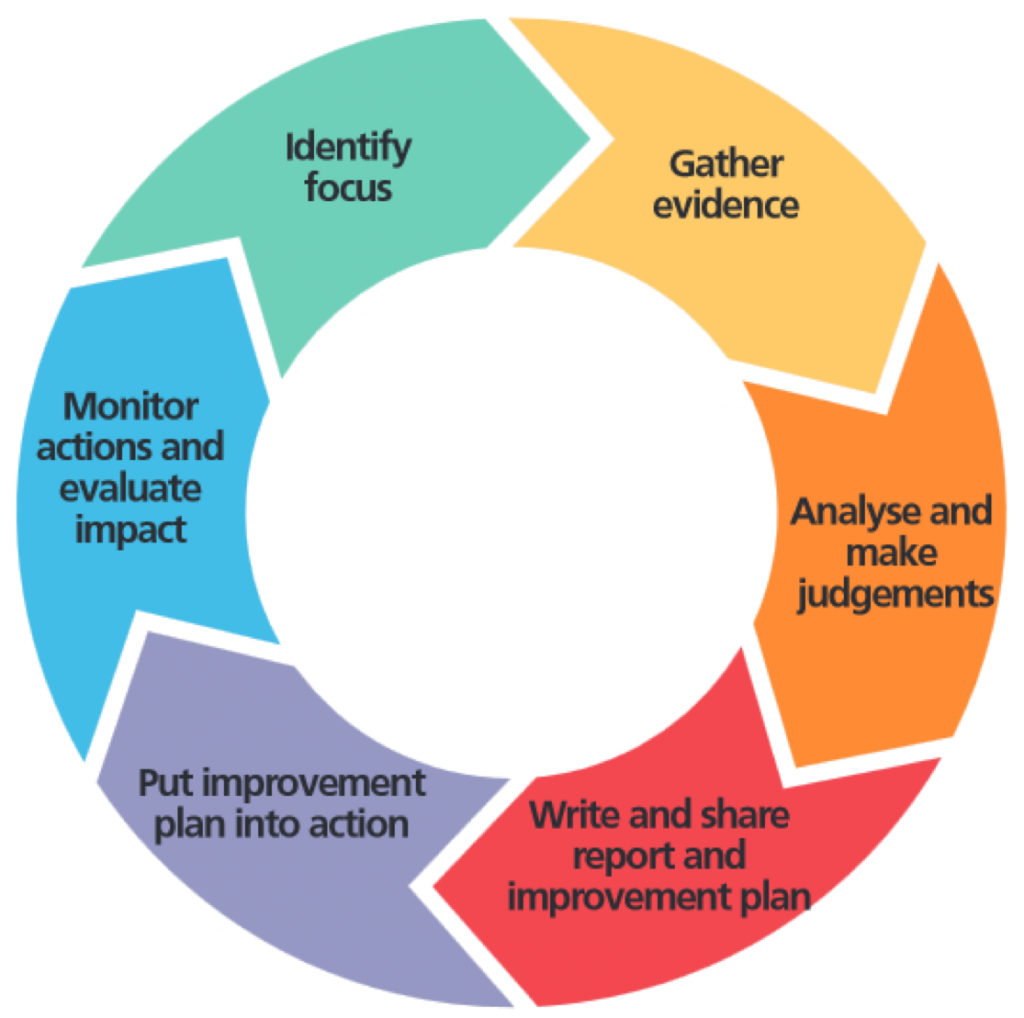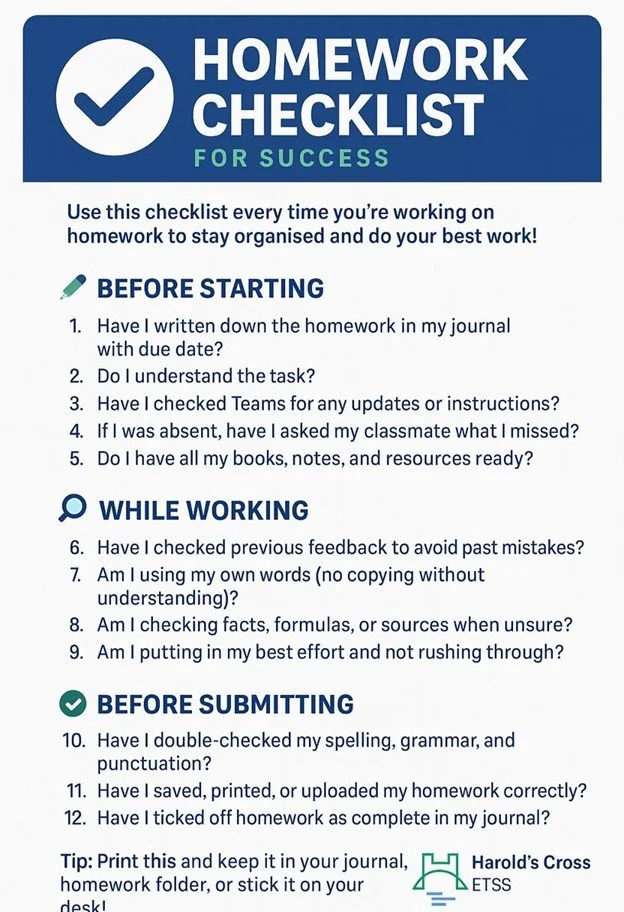Academic Progression
Athena Tracking
Unlocking the Unique Potential of Every Student
In HCETSS we use Athena Analytics to unlock the unique potential of every student and to ensure that no student gets overlooked within our school.
Athena Analytics is an award-winning EdTech company that provides a range of academic tracking solutions to secondary schools in Ireland.
The Athena Tracker uses machine learning to identify a student’s baseline potential for each subject, based on their own unique capabilities. Athena Reports provides schools with in-depth reports of their Junior and Leaving Certificate results.
Each student’s journey is unique and success is different for everyone. But traditional academic tracking tools only focus on the extremes; celebrating those at the top and spotting those at the bottom. This system is flawed as it fails to support a whole cohort of students in ‘the forgotten middle’.
CAT4, NGRT & Junior Cycle results
Using the data from CAT4, NGRT, and Junior Cycle results, HCETSS can compare the cognitive abilities measured by CAT4 with current attainment shown in NGRT and Junior Cycle results to identify students who may be underachieving.
By analysing these datasets together, we can identify learning preferences, create tailored interventions, and provide support for students' individual needs.
Using CAT4 data
Individual Profiles: CAT4 provides individual student profiles that detail learning preferences and potential performance indicators across different areas like verbal, quantitative, non-verbal, and spatial reasoning.
Identifying Potential: CAT4 uses these profiles to suggest which subjects might be a good fit for a student's learning potential, although subject relevance can be complex.
Identifying Risks: CAT4 calculates the "Verbal Deficit" (the difference between verbal and non-verbal scores) to flag students who may be at risk of underachieving due to low English language ability.
Integrating NGRT and Junior Cycle results
Compare Ability to Attainment: Compare CAT4 scores with NGRT results to see if a student's current attainment matches their predicted ability. An inconsistency could indicate a specific learning difficulty.
Tailor Interventions: NGRT breaks down scores to show how specific skills compare, allowing for targeted interventions and better support strategies for literacy.
Inform IEPs: Assessment data from CAT4 and NGRT is helpful when designing Individual Education Plans (IEPs) for students with special educational needs.
Practical applications for schools
Improve Teaching: Use the combined data to help all students reach their potential by informing teaching and learning strategies.
Address Underachievement: Identify students who are not performing at the level of their ability and conduct further screening to identify specific learning difficulties.
Communicate Effectively: When communicating with staff, parents, and students, match the level of detail to the audience. Use visuals and check for understanding to ensure the information is clear and actions are agreed upon.
Plan for the Future: Junior Cycle results can be analysed in the context of national results to identify areas where a school's teaching or curriculum may need improvement, in addition to informing interventions for the next stage of a student's education.
Differentiate Teaching and Personalise Learning:
Use the individual CAT4 reports to understand a student's preferred learning bias (e.g., verbal or spatial) and adapt teaching methods accordingly. For example, a student with a spatial bias may benefit from multi-sensory lessons using visual aids.
Use NGRT data to pinpoint specific reading weaknesses (e.g., decoding, comprehension) and provide targeted support, such as structured reading interventions or "gap fill" tasks.
Junior Cycle results analysis, particularly from Classroom-Based Assessments (CBAs), helps inform ongoing, formative assessment and planning within subject departments.
Student Mentoring
In HCETSS we use a teacher-student mentoring support system to ensure students reach their full potential. Student mentoring is when a teacher guides a student to help them succeed academically and personally. Benefits include smoother transitions to university, improved self-confidence, better academic performance, and career guidance. It provides students with that bit of extra support to reach their potential.














